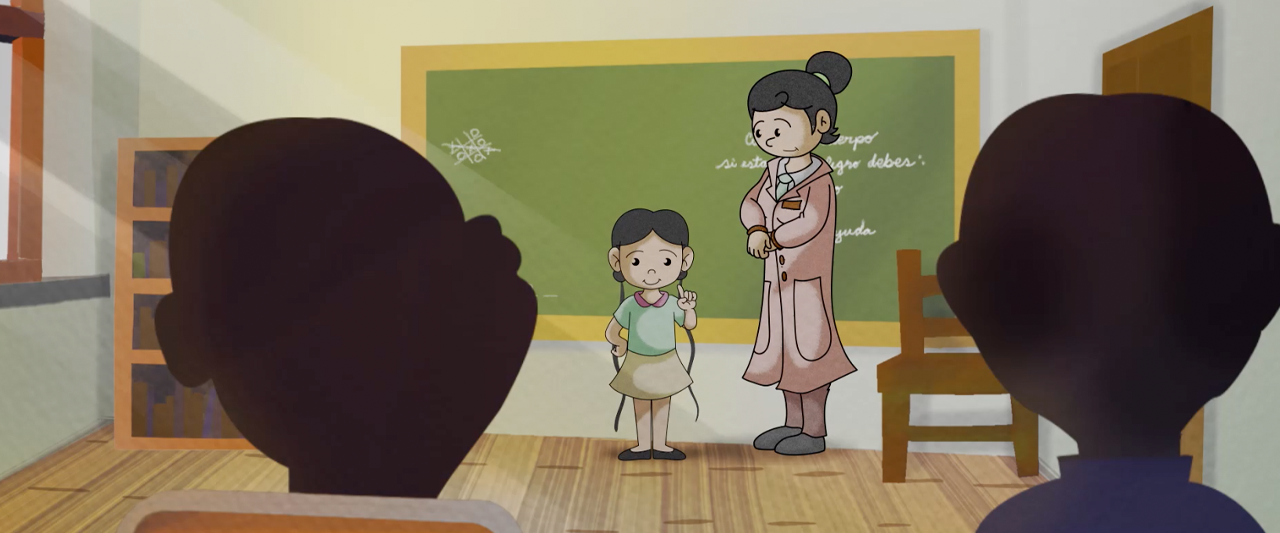Young women and girls in Bolivia are facing a rise in sexual violence since the COVID-19 pandemic began—and Ipas has partnered with the country’s ministry of education to tackle the problem.
In collaboration with the departments of primary and secondary education, Ipas produced resource kits for teachers that include videos, comics, informative brochures and teachers’ guides—all focused on preventing sexual violence and unwanted pregnancy. The resources also promote gender equity and help students examine the harms of machismo and explore positive models of masculinity.
A nationwide training is planned for teachers to roll out the new material in all public schools. Ipas will provide virtual trainings for select teachers in every district of the country, and those teachers will in turn train their colleagues.
“Right now in Bolivia, young people really need information about what to do if they experience sexual violence—and how to support their friends and peers in dealing with and preventing this violence,” explains Malena Morales, director of Ipas Bolivia. “And even after the pandemic, teachers will continue to use these resources to improve young people’s knowledge of these crucial topics.”
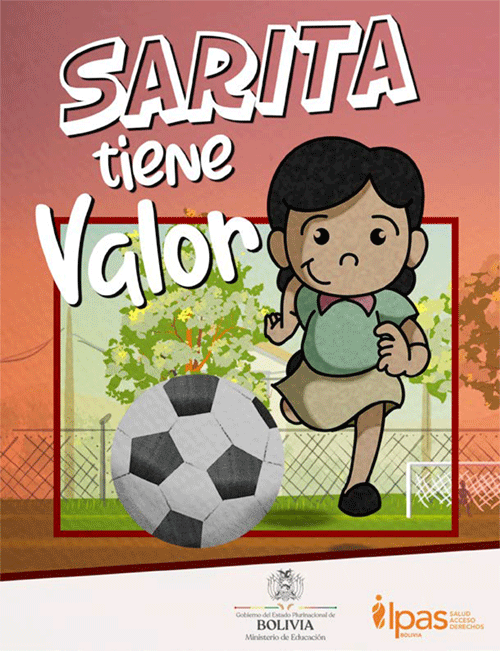
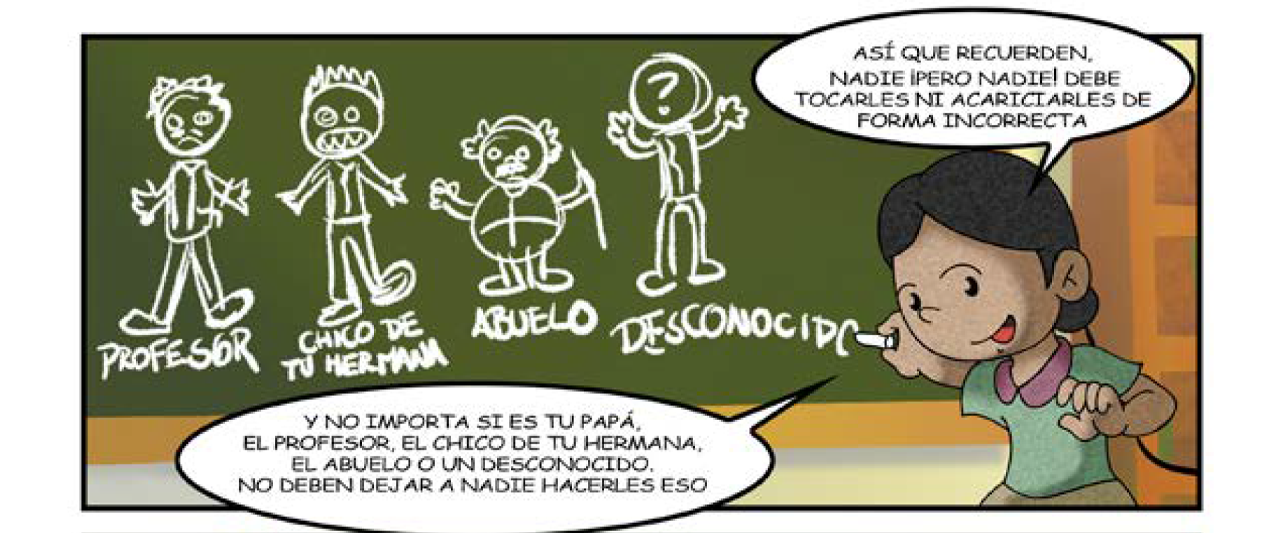
Materials for primary school students developed by Ipas and the Bolivian Ministry of Education feature a video and comic titled “Sarita has value” (Sarita tiene valor). The protagonist, Sarita, teaches her classmates that no one is allowed to touch them inappropriately, and that they should ‘say no, yell and run away’ if anyone attempts such harmful behavior.
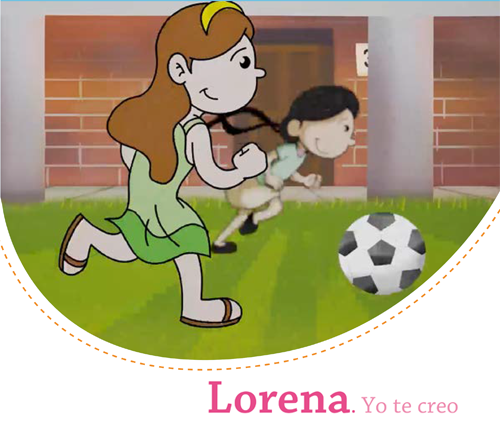
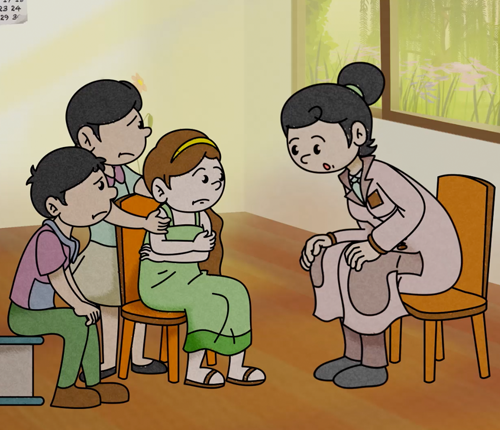
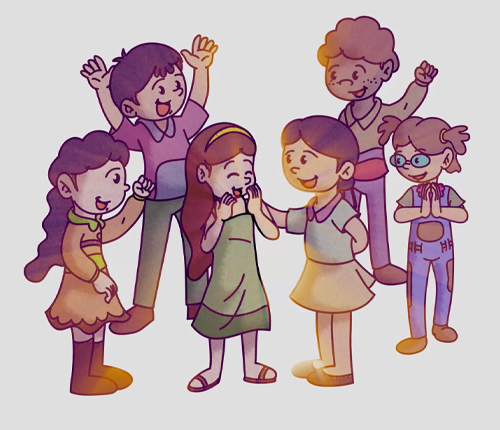
Materials for secondary school students developed by Ipas and the Bolivian Ministry of Education feature a video called “Lorena, I believe you” (Lorena, yo te creo) in which a teenager named Lorena, who has just experienced a sexual assault, gets help from her friends and trusted adults.
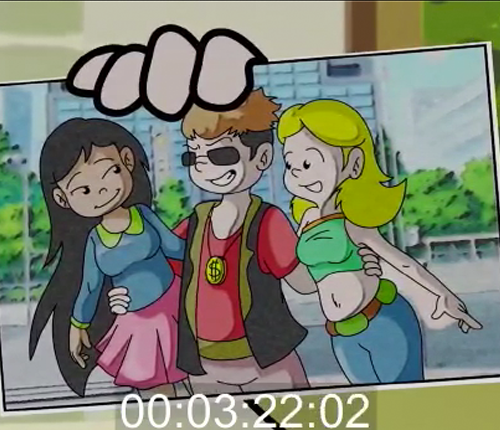
Another video explores positive and negative models of masculinity and asks “What kind of men do we want to be?”


